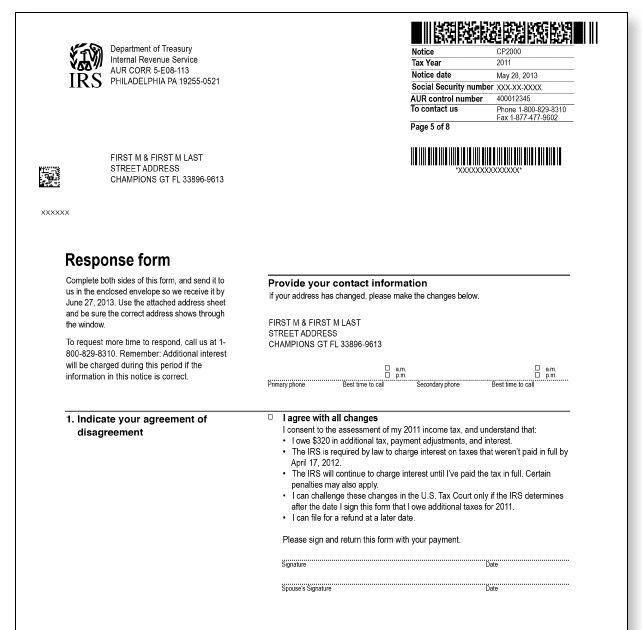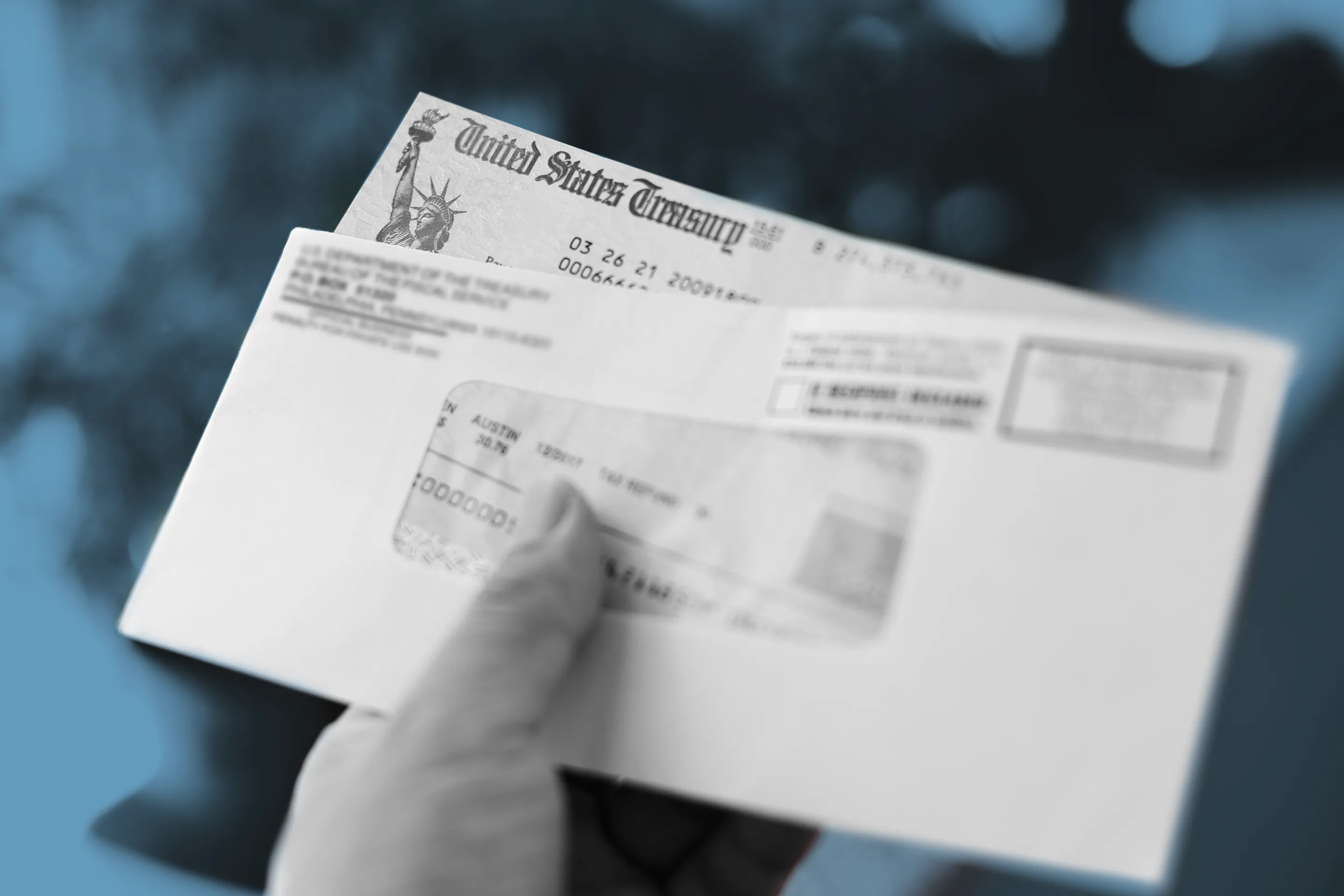IRS Stimulus Check: The Ultimate Guide To Unlocking Your Financial Relief
So, here's the deal, folks. If you've been keeping up with the financial buzzwords floating around, you've probably heard about the IRS stimulus check. This is more than just a random cash giveaway; it's a lifeline for millions of Americans navigating the economic twists and turns of recent years. Whether you're a working professional, a small business owner, or someone who's been hit hard by unforeseen circumstances, understanding the ins and outs of this check can make a world of difference. Let’s dive in, shall we?
Now, you might be wondering, "What's the big deal about an IRS stimulus check?" Well, let me break it down for you. These checks are part of a broader effort by the government to inject some much-needed cash into the economy. It's like a financial boost, aimed at helping individuals and families stay afloat during tough times. But, as with anything involving the IRS, there's a lot to unpack. So, grab your coffee, and let's get started.
Before we jump into the nitty-gritty, let’s set the stage. The IRS stimulus check isn't just a one-time thing. It's part of a series of measures designed to provide relief over time. Whether you're waiting for your first check or wondering about the eligibility criteria for future rounds, this guide has got you covered. Let’s make sure you’re in the know and ready to take full advantage of what’s on offer.
Read also:Denzel Washington Dies The Truth Behind The Headlines
What is an IRS Stimulus Check Anyway?
Alright, let’s start with the basics. An IRS stimulus check is essentially a payment sent out by the government to eligible taxpayers. Think of it as a financial aid package designed to help individuals and families manage their expenses during challenging economic times. These checks have been issued multiple times, often in response to significant events like the pandemic or other economic downturns. The goal? To keep money flowing through the economy and help people stay financially stable.
Here’s the kicker: not everyone qualifies for these checks. The IRS uses specific criteria to determine eligibility, and that’s where things can get a little tricky. Factors like income level, dependents, and filing status all play a role in whether you’ll receive a check and how much you’ll get. But don’t worry, we’ll break it all down for you in the sections to come.
Why Are These Checks Important?
Let’s talk about why these checks matter so much. For many Americans, they represent a crucial financial safety net. Imagine being able to cover rent, utilities, or groceries when times are tight. That’s the power of an IRS stimulus check. It’s not just about getting a little extra cash; it’s about maintaining financial stability and peace of mind. And let’s be real, who couldn’t use a little extra breathing room in their budget?
Moreover, these checks aren’t just beneficial for individuals. They also have a ripple effect on the economy as a whole. When people have more money to spend, businesses benefit too. It’s a win-win situation, and that’s why the government keeps coming back to this strategy when times get tough.
How to Qualify for an IRS Stimulus Check
Now, let’s get into the nitty-gritty of eligibility. To qualify for an IRS stimulus check, you’ll need to meet certain criteria. First off, you must have a valid Social Security number. This is non-negotiable, folks. Next, your income level comes into play. The IRS uses your adjusted gross income (AGI) from your most recent tax return to determine eligibility. If your AGI falls below a certain threshold, you’re in the clear. But if it’s too high, you might not qualify.
Another important factor is your filing status. Whether you file as single, married filing jointly, or head of household can impact how much you receive. And don’t forget about dependents! If you have kids or other dependents, you might be eligible for additional payments. It’s all about the details, and we’ll help you navigate them.
Read also:How Old Is Martha Maccallum On Fox News A Deep Dive Into Her Career And Legacy
Eligibility Criteria at a Glance
- Valid Social Security number
- AGI below the specified threshold
- Correct filing status
- Dependents (if applicable)
These are the key factors the IRS looks at when determining eligibility. If you check all the boxes, congratulations! You’re on your way to receiving your stimulus check. But if you’re not sure whether you qualify, don’t worry. We’ll walk you through the process step by step.
Understanding the Payment Amounts
So, you’ve made it through the eligibility checklist. Now, the big question: how much will you get? The payment amount varies based on several factors, including your income, filing status, and number of dependents. For example, if you’re a single filer with an AGI below $75,000, you could receive the full payment. But if your income is higher, the amount may be reduced or phased out entirely.
Here’s where things get interesting. If you have dependents, you might qualify for additional payments. These payments are typically a set amount per dependent, so the more dependents you have, the bigger your check could be. It’s like a financial bonus for having a larger family. And let’s be honest, every little bit helps, right?
Payment Breakdown
Let’s break it down further. Here’s a quick look at how the payment amounts are calculated:
- Single filers: Up to $1,200
- Married filing jointly: Up to $2,400
- Additional $500 per qualifying child dependent
Keep in mind that these amounts can vary depending on your specific circumstances. The IRS uses a formula to determine the exact payment, so it’s always a good idea to double-check your eligibility and expected payment amount.
How and When Will You Receive Your Check?
Alright, let’s talk logistics. Once you’ve been deemed eligible, the next question is how and when you’ll receive your check. The IRS has several methods for distributing payments, including direct deposit, paper checks, and debit cards. Direct deposit is usually the fastest option, so if you’ve already set that up with the IRS, you’re in good shape.
As for timing, it can vary depending on the method of delivery and your individual circumstances. In some cases, payments can arrive within a few weeks of eligibility determination. But if you’re waiting on a paper check, it might take a bit longer. Patience is key, but we’ll give you some tips for speeding up the process.
Payment Methods Explained
- Direct deposit: Fastest option
- Paper checks: Sent via mail
- Debit cards: Alternative option for some recipients
Each method has its pros and cons, so choose the one that works best for you. And if you’re wondering how to track your payment, we’ve got you covered. The IRS provides a tool called “Get My Payment” that lets you check the status of your check in real time. Pretty handy, right?
Troubleshooting Common Issues
Let’s face it, sometimes things don’t go as planned. If you’re having trouble receiving your IRS stimulus check, don’t panic. There are several common issues that could be causing the delay, and we’ll help you troubleshoot them. Maybe your bank account information is outdated, or perhaps there’s a typo in your Social Security number. Whatever the issue, there’s usually a solution.
One of the most common problems is incorrect or missing information on your tax return. If you filed your taxes recently and made a mistake, it could impact your eligibility or payment amount. The good news is that the IRS provides resources to help you correct these errors. Just be sure to act quickly to avoid further delays.
Solutions to Common Problems
- Verify bank account information
- Check Social Security number accuracy
- Update tax return information if necessary
These are just a few of the solutions you can try if you’re experiencing issues with your stimulus check. If all else fails, you can always reach out to the IRS for assistance. They’re there to help, so don’t hesitate to ask for support.
Future Stimulus Checks: What to Expect
Now, let’s look ahead. Will there be more IRS stimulus checks in the future? It’s a question on everyone’s mind, and the answer isn’t always clear. While the government has issued multiple rounds of checks in the past, future payments depend on a variety of factors, including economic conditions and legislative decisions.
That said, it’s always a good idea to stay informed. Keep an eye on news updates and IRS announcements to stay in the loop. And if you’re eligible for future checks, make sure your information is up to date to avoid any delays. Being prepared can make all the difference.
Staying Prepared for Future Payments
Here are a few tips to help you stay ready for any future IRS stimulus checks:
- Ensure your tax information is current
- Set up direct deposit if possible
- Monitor IRS announcements regularly
By taking these steps, you’ll be well-positioned to receive any future payments without a hitch. It’s all about being proactive and informed.
Conclusion: Take Control of Your Financial Future
Alright, folks, we’ve covered a lot of ground. From understanding what an IRS stimulus check is to navigating eligibility and troubleshooting common issues, you’re now armed with the knowledge to take full advantage of this financial opportunity. Remember, these checks are more than just a cash infusion; they’re a lifeline for millions of Americans. So, whether you’re waiting for your first check or preparing for future rounds, stay informed and proactive.
Before we wrap up, let’s recap the key points:
- IRS stimulus checks are designed to provide financial relief
- Eligibility depends on factors like income, filing status, and dependents
- Payment amounts vary based on individual circumstances
- Staying informed is key to maximizing your benefits
Now, it’s your turn to take action. Share this article with your friends and family, leave a comment with your thoughts, or check out some of our other resources for more financial tips and tricks. Together, we can navigate the complexities of the modern economy and come out stronger on the other side.
Table of Contents
Article Recommendations


